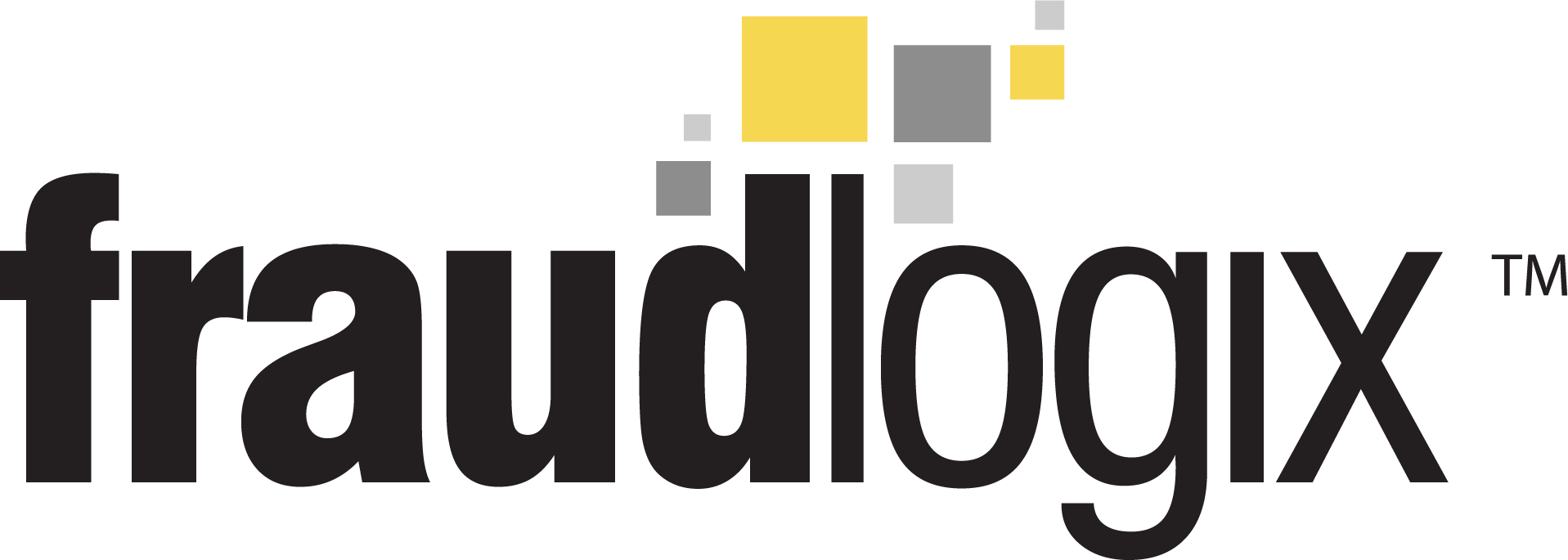Hidden Cost of Affiliate Marketing Fraud
Free IP lookup API to uncover fraud, bots, and high risk users.
According to the IAB, one-third of organizations now dedicate more than 10% of their online marketing budgets to affiliate partnerships, with 28% spending at least $25,000 monthly and 11% investing over $100,000 monthly on these programs. Unfortunately, as affiliate marketing continues to grow into a cornerstone of digital strategy, so does the threat of fraud.
While lost revenue is the most visible consequence, the true impact of costs of affiliate marketing fraud extends far beyond direct financial losses, creating ripple effects that can undermine your entire marketing ecosystem. Including the costs, here’s what’s at stake when your affiliate program becomes a target.
Lost sales and chargebacks costs
The most obvious negative impact of affiliate fraud is losing sales and conversions to chargebacks and red tape. Up to 20% of every dollar spent on affiliate campaigns go to lead fraud, chargeback conversions, or fake clicks. Fraudulent sales are worse than no sales at all because of the time and money it takes to correct the fraud. As a business, you may have to deal with customers, banks or credit card companies that have unknowingly been a part of an affiliate scam and do your best to make things right.
Wasted time and loss of productivity
A salesforce chasing fake leads is wasteful and can be detrimental to revenue goals. Additionally, dealing with fraudulent conversions, chargebacks, clawbacks, and discrepancies caused by affiliate fraud can be a giant time-suck for staff and managers, not to mention frustrating. It consumes hours that could be spent in more productive areas, like coming up with strategies to drive sales.
Loss of confidence in affiliate marketing
Affiliate fraud wears away confidence in the performance marketing channel, which affects both publishers and advertisers. Fraud tarnishes the reputation of the entire affiliate industry, which can cause advertisers to steer clear of a potentially effective marketing channel and harms legitimate publishers who are faced with reduced revenue and a PR problem that they didn’t create.
Misguided strategies due to poor metrics and skewed data
The number of clicks, leads, and installs generated from a campaign often affects the direction a marketer takes during subsequent campaigns. But affiliate fraud can quickly add fake conversion data into a campaign analysis, resulting in skewed results. Tainted data can derail future campaigns by causing an advertiser to allocate funds and attention to the wrong audience.
Brand reputation damage
Even if it’s not your fault, when your brand is involved in defrauding a customer a negative sentiment can build, especially if it happens multiple times. Marketing and sales are hard enough, adding a bunch of frustrated non-customers to deal with only makes things harder.
Related: Signs of affiliate fraud
How to protect yourself from Affiliate Fraud?
Looking for protection against affiliate fraud? Contact Fraudlogix to find out how we can help you. We specialize in protecting you from click, lead, install, and sales fraud within the affiliate industry.



